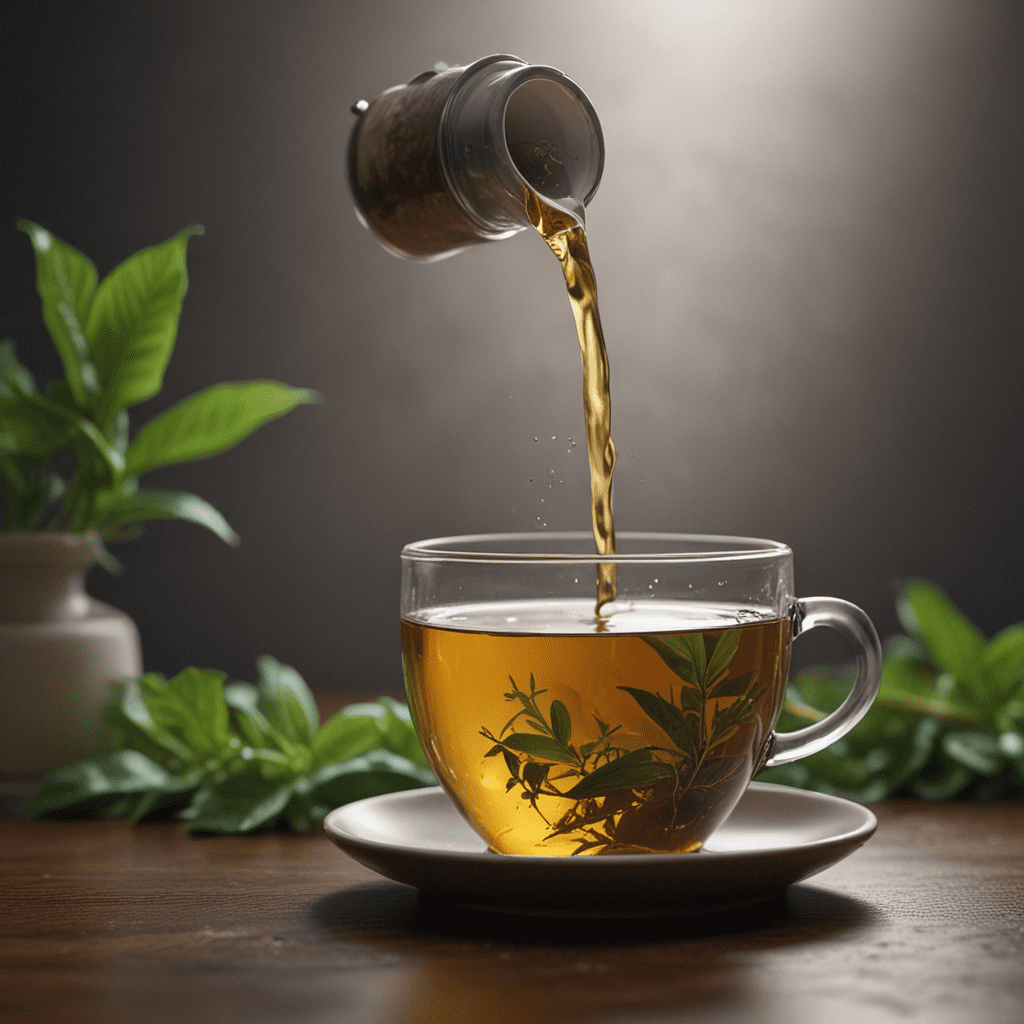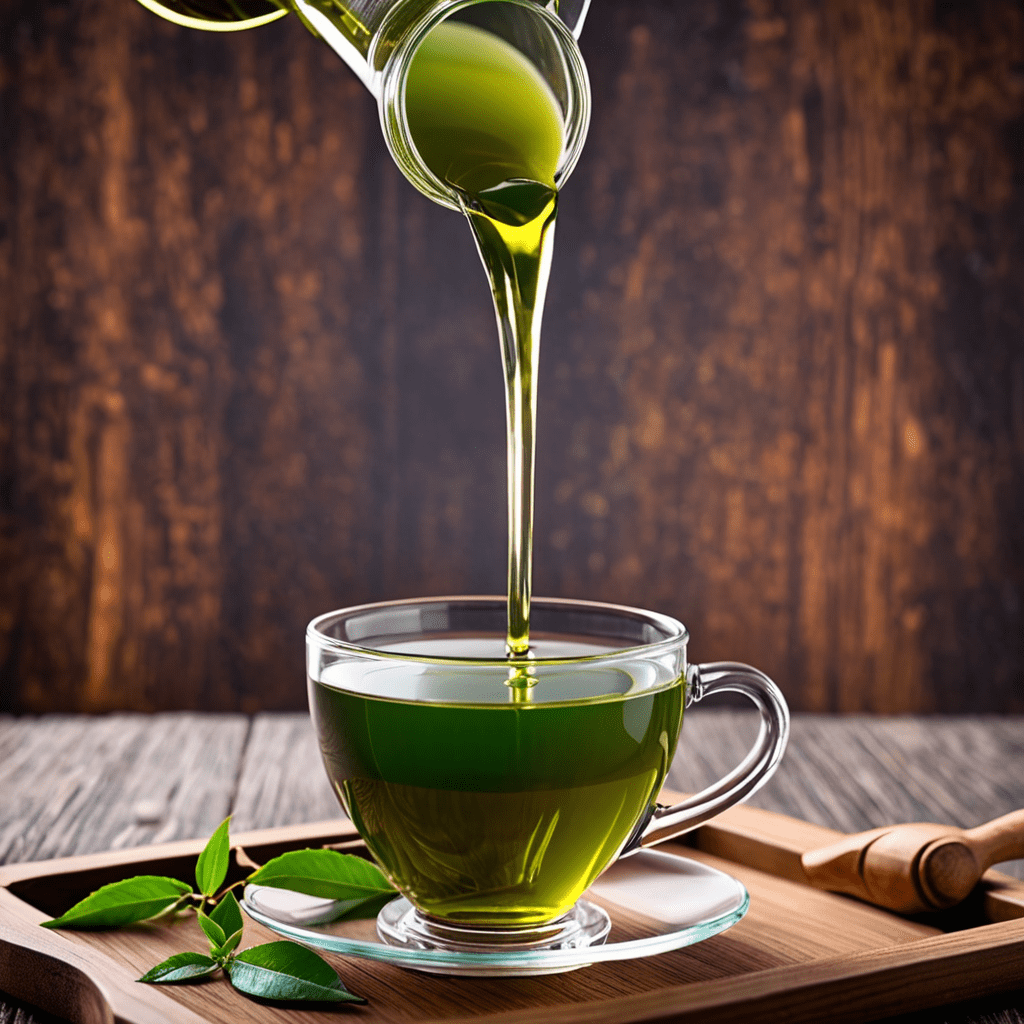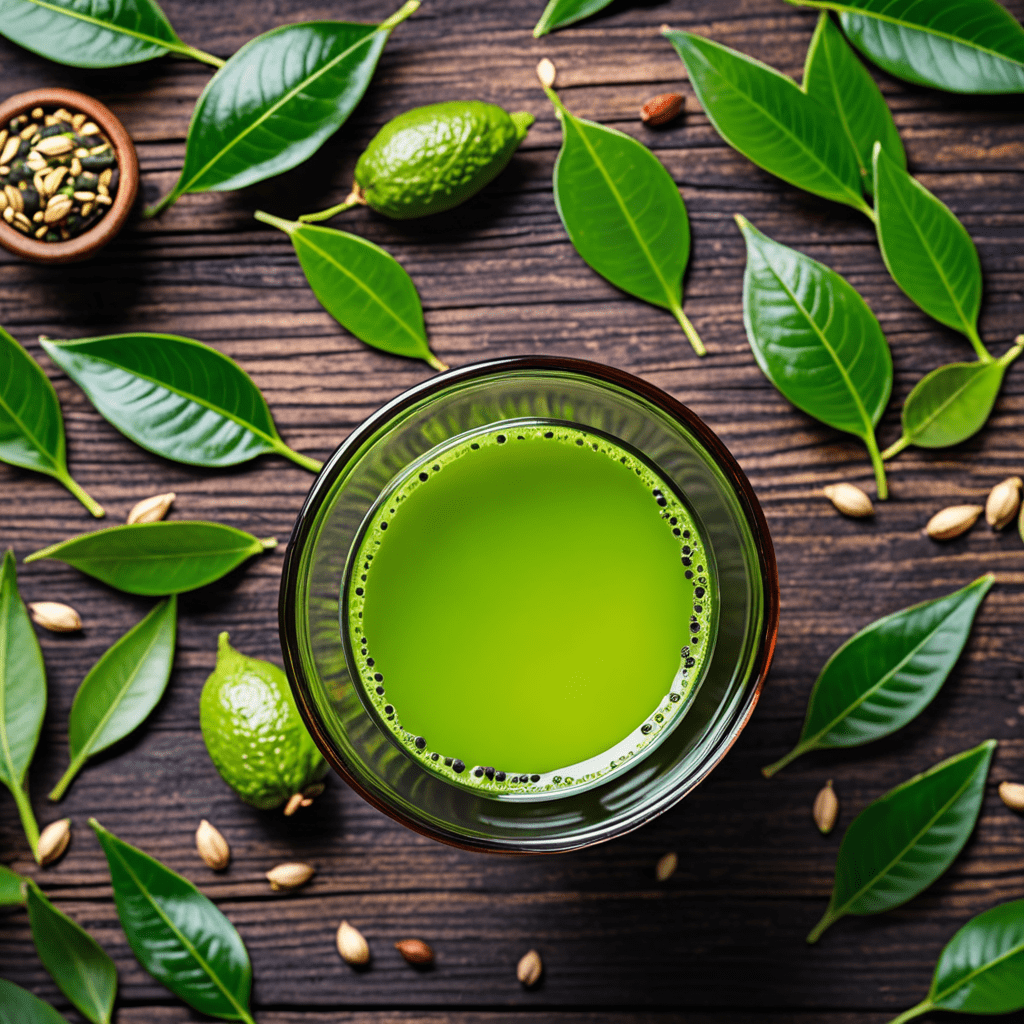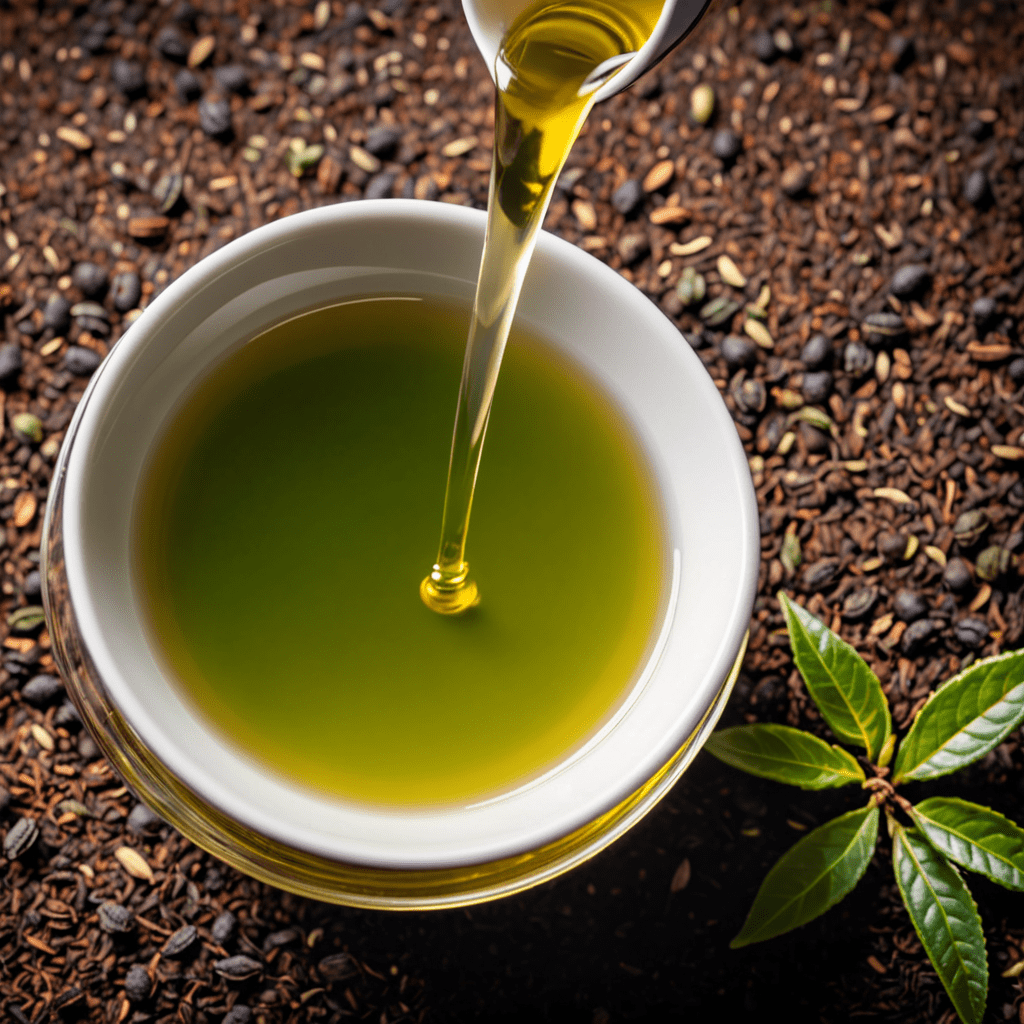
The Art of Tea Appreciation: Developing a Taste for Ceylon Tea
1: The History and Origins of Ceylon Tea
Ceylon tea, renowned for its exceptional taste and aroma, traces its roots to the lush hills of Sri Lanka. In the mid-19th century, British colonists introduced tea plants to the island nation, where they flourished in the ideal climatic conditions. The fertile soil, abundant rainfall, and meticulous cultivation practices gave rise to a tea of unparalleled quality, earning it recognition as one of the world's finest.
2: Understanding Tea Varieties and Flavors
The diverse terrain and climatic conditions of Sri Lanka's tea gardens produce a wide range of tea varieties, each with its own distinct flavor profile. From the golden tips of Orange Pekoe to the delicate aroma of Silver Tips, there is a Ceylon tea to suit every palate. Black tea, the most popular type, offers robust notes of malt and chocolate, while green tea presents a refreshing, vegetal character.
3: The Significance of Tea Gardens and Terroir
The unique flavor and complexity of Ceylon tea can be attributed to the specific tea gardens where the plants are grown. Each garden possesses its own microclimate, soil composition, and altitude, resulting in subtle variations in the tea's taste and aroma. This concept of "terroir" is highly valued in the world of tea, as it influences the final character of the brewed cup.
4: The Traditional Sri Lankan Tea Ceremony
In Sri Lanka, tea is not just a beverage but an integral part of the culture. The traditional tea ceremony, known as "Sinhala Podi," is a graceful ritual that showcases the country's deep love for tea. It involves carefully brewing a pot of tea and pouring it into small, delicate cups, accompanied by light snacks or pastries.
5: Preparing Ceylon Tea: Brewing Methods and Rituals
The art of preparing Ceylon tea requires a careful attention to detail. The water temperature, steeping time, and brewing method all influence the final taste of the tea. Whether using a traditional tea kettle or a modern electric brewer, the aim is to extract the optimal flavors and aromas from the tea leaves while avoiding bitterness or over-extraction.
6: Sensory Exploration: Tasting Notes and Flavor Profiles
Tasting Ceylon tea is a sensory journey that delights the palate and engages the senses. Each variety presents a unique bouquet of aromas and flavors. Black tea can range from malty and chocolatey to spicy and woody, while green tea offers vegetal notes with a hint of sweetness. The experienced tea taster can identify subtle nuances in flavor, such as floral, fruity, or citrusy overtones.
7: Accompaniments and Pairings: Enhancing the Tea Experience
The enjoyment of Ceylon tea can be enhanced by pairing it with complementary accompaniments. Sweet treats like scones, pastries, or fruit tarts provide a delightful contrast to the tea's bitterness. Savory snacks, such as cheese and crackers, can balance the tea's flavors and add a touch of complexity.
8: Health and Wellness Benefits of Ceylon Tea
Beyond its sensory pleasures, Ceylon tea offers a range of health benefits. It is rich in antioxidants, which help protect cells from damage and may reduce the risk of chronic diseases. Black tea contains caffeine, which can boost alertness and focus, while green tea is known for its calming and relaxing effects.
9: The Cultural Impact of Tea in Sri Lanka
Tea is deeply woven into the fabric of Sri Lankan culture. It is a symbol of hospitality and a staple of daily life. Tea plantations are a major source of income for the country and a source of pride for its people. The traditional tea ceremony is a cherished ritual that connects generations and celebrates the country's rich tea heritage.
10: Current Trends and Innovations in Ceylon Tea Appreciation
The appreciation of Ceylon tea is constantly evolving. Modern tea enthusiasts are experimenting with new brewing methods, such as cold brewing and nitro infusion, to create innovative and refreshing tea experiences. Tea pairings with food and beverages are also gaining popularity, as tea sommeliers seek to create harmonious taste combinations.
FAQ
Q: What makes Ceylon tea unique?
A: Ceylon tea is renowned for its exceptional flavor and aroma, attributed to the ideal climatic conditions and meticulous cultivation practices in Sri Lanka.
Q: How do I prepare the perfect cup of Ceylon tea?
A: The key to a great cup of Ceylon tea lies in using fresh water, the correct water temperature, and an appropriate steeping time.
Q: What are the health benefits of Ceylon tea?
A: Ceylon tea is rich in antioxidants, which may reduce the risk of chronic diseases. It also contains caffeine and other compounds that offer potential health benefits.
Q: Can I pair Ceylon tea with food?
A: Yes, Ceylon tea pairs well with a variety of snacks and desserts. Sweet treats like scones and pastries complement the tea's bitterness, while savory snacks like cheese and crackers can add complexity.
Q: How can I explore the different varieties of Ceylon tea?
A: Tea shops and online retailers offer a wide range of Ceylon tea varieties. Experiment with different types to discover your preferred flavors and aromas.


